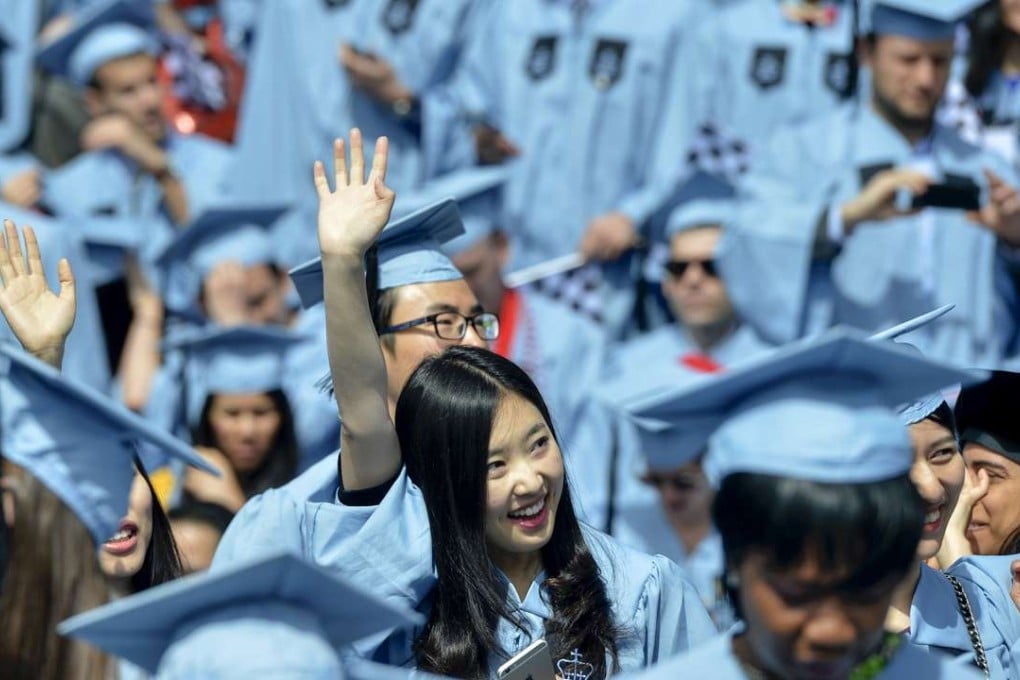Hong Kong science/tech graduates in US can now work there 3 years
Extension from one year to three of permit scheme for foreigners graduating in STEM subjects from American universities opens the way for them to gain residency in the US

Hong Kong science students attending American universities can now work in the US for up to three years after completing their studies.
“The permits will pave way for foreign graduates to gain residency in the US after maintaining a stable job for a number of years and fulfilling requirements. But it’s also exciting, as our graduates can bring back to Hong Kong their valuable experience from working abroad,” says Willy Kwong Wai-li, chairman of the Hong Kong International Education Consultants’ Association (HKIEC).
It’s ... exciting, as our graduates can bring back to Hong Kong their valuable experience from working abroad
In 2008, the US administration gave overseas students with STEM degrees an extra 17 months on top of the regular OPT scheme. But a US federal judge put it on hold following a legal challenge by American technology sector workers last year, ruling that officials had not followed proper procedure in issuing the extension.
After a period for public comment on an OPT extension, the Department of Homeland Security recently confirmed that foreign STEM graduates can stay on in the US for an extra 24 months on top of the usual 12 months for practical training.
Australia, Canada and New Zealand offer foreign graduates in all disciplines work permits of between two and four years. However, in 2012 Britain withdrew its two-year post-study work visa for non-EU foreign students. The policy now limits their stay to only four months after graduation, discouraging many foreign students from enrolling in British universities.